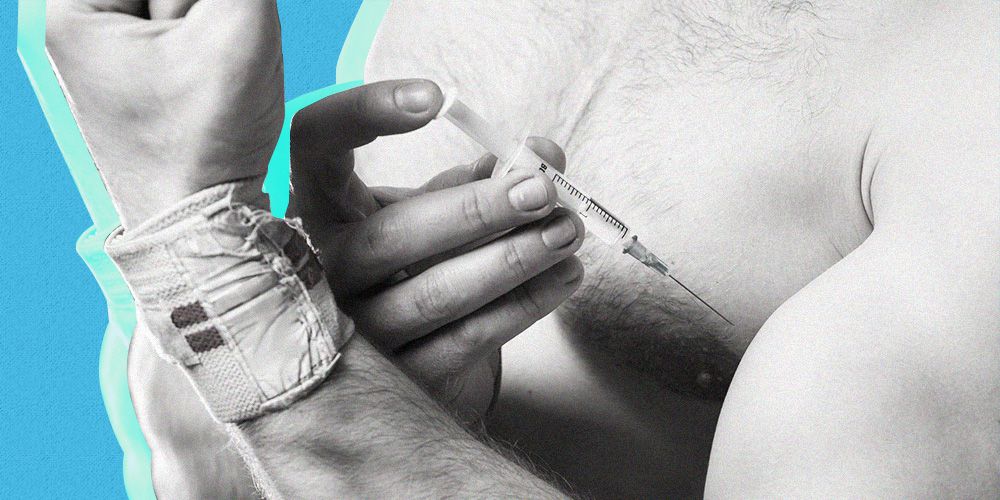Sports Medicine Digest
The Sports Medicine Digest provides the latest updates from the NYIT Center for Sports Medicine as well as recommendations and advice to improve your performance and maintain your health in athletic pursuits.
Learn More
Men's Health: The Consequences of Steroid Use

Anabolic steroids are all derived from the hormone testosterone which is naturally produced by a male’s testicles. Professional and recreational athletes use the beneficial effects of these hormones to build lean muscle. Muscles consist of Type 1 (slow twitch) and Type 2 (fast twitch) muscle fibers. Type 1 muscle fibers produce less force, but can work for a longer period of time. Think aerobic exercise (i.e. jogging). Type 2 muscles have the opposite characteristics. They produce more force, but can only act for short periods of time before becoming fatigued. Think anaerobic exercise (i.e. sprinting). Anabolic steroids have been shown to increase the cross sectional area, or thickness, of both types of these muscle fibers. The result is that there are significant gains in strength which can last for years if anabolic steroids are taken long term.
Despite muscle and strength gains, anabolic steroids are not the way to go about building muscle. Anabolic steroids increase the amount of the bacteria responsible for causing acne, Propionibacterium acne. Additionally, steroids can increase the amount of fats, cholesterol, and sebaceous glands in the skin. The result of these effects is to increase the amount of lubricating oil (sebum) and pimples due to acne. Anabolic steroids can also cause breast growth in men. Although we think of testosterone as a hormone which promotes masculine features, in high doses it can be converted to estrogen which stimulates the growth of gland tissue in the breasts. Unfortunately, this breast enlargement usually does not reverse on its own after stopping steroid use. Worst of all, steroids can increase the risk of heart attack as these drugs can increase the bad cholesterol or LDL by more than 20% and decrease the good cholesterol HDL up to 70%.
Learn more and see Hallie Zwibel, DO featured in Men’s Health Magazine
More Posts
All Posts